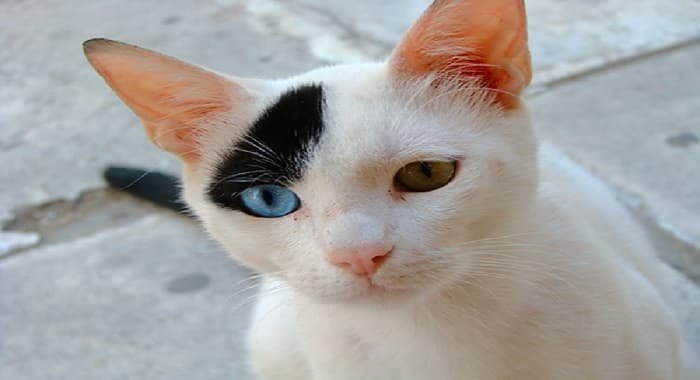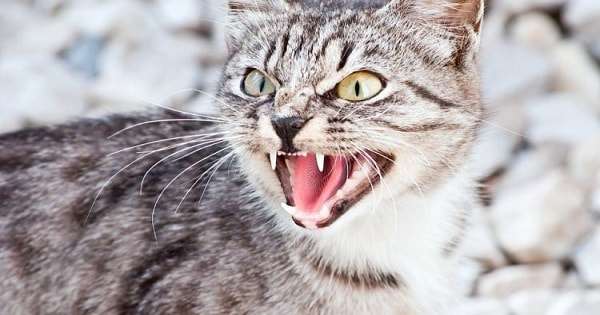Many pet owners frequently ask, “Do cats get a cold?” This is a question that has been discussed time and again. The answer, perhaps surprisingly to some, is yes. Cats can, indeed, suffer from colds just as humans do. However, there are some unique aspects to feline colds that need to be understood for effective prevention and treatment. In this article, we will delve into the symptoms, treatments, and preventive measures for colds in cats.
Symptoms of a Cold in Cats
Firstly, let’s talk about the signs that indicate your feline friend might be dealing with a cold. Common symptoms in cats include sneezing, runny nose, and watery eyes. Other signs could be a lack of appetite, lethargy, and in more severe cases, a fever. It’s crucial to monitor your cat carefully if you notice any of these symptoms. Immediate attention is recommended, as some symptoms might evolve into more severe conditions.
How To Treat Your Cat’s Cold
When you suspect that your cat has caught a cold, consulting a veterinarian should be your first step. They are likely to prescribe medication, usually in the form of antibiotics or antiviral drugs. Humidifiers can also be used to alleviate symptoms like a runny nose and sneezing. Remember that while human cold medicines are readily available, they should never be administered to cats unless specifically recommended by a veterinarian.
Prevention is Better Than Cure
Keeping your cat healthy starts with prevention. Regular vet check-ups, proper nutrition, and a clean living environment can go a long way in preventing not only colds but also other diseases. Vaccination against common feline viruses is also a recommended preventive measure.
To sum it up, cats can indeed get a cold, and it’s essential for pet owners to recognize the symptoms and seek professional advice for diagnosis and treatment. Preventive measures should also be taken to ensure the overall well-being of your feline companion.
So, the next time you find yourself pondering, “Do cats get a cold?”, rest assured that they do, but with the right approach, it’s a condition that can be managed effectively.
For more in-depth information on feline upper respiratory infections, consider checking out this comprehensive study from American Veterinary Medical Association (AVMA).










